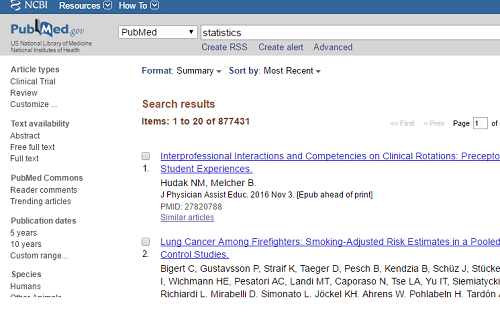Bias in Statistics > Location Bias
What is Location Bias?
Loosely speaking, location bias means that there’s a tendency towards a particular location or certain area. “Location” could mean an online or a physical location. For example:
- Online databases are more likely to index articles from well-known journals,
- Google provides search results based on your location (e.g. they give you local businesses, not businesses from the next town over).

Location Bias in Research
Location bias in research generally means that some studies are much easier to find than others. For example, research that has been published in an online journal would be easily accessible while similar research that was published in an obscure journal from the 1960s would be more difficult to find. Studies published in English are also more accessible than studies published in other languages.
Why is Accounting for Location Bias Important?
Publication in a mainstream journal doesn’t mean that the results are more significant — it sometimes means the results were more “newsworthy.” That said, it’s often the case that journals tend to publish results that are significant, as opposed to studies that proved “no change” (see publication bias). On the other hand, Pittler et. al (2000) found that complementary and alternative medicine studies published in mainstream journals were actually less likely to have statistically significant results than those published in less accessible publications.
Realizing that location bias exists is vitally important if you’re doing a meta analysis. A meta analysis combines results for multiple studies into a “big picture” so that common effects can be identified. If you concentrate only on published, accessible articles, your meta analysis will incorporate location bias into the results. This may over-inflate any effect size estimates for the analysis.
References:
Everitt, B. S.; Skrondal, A. (2010), The Cambridge Dictionary of Statistics, Cambridge University Press.
Kotz, S.; et al., eds. (2006), Encyclopedia of Statistical Sciences, Wiley.
Pittler MH, Abbot NC, Harkness EF, Ernst E. Location bias in controlled clinical trials of complementary/alternative therapies. Journal of Clinical Epidemiology 2000; 53: 485-489.